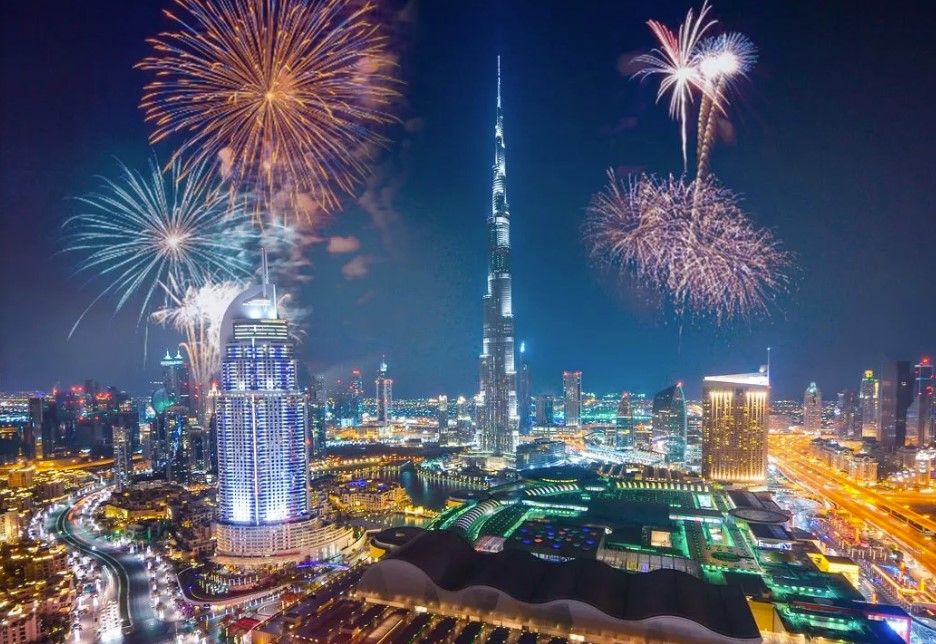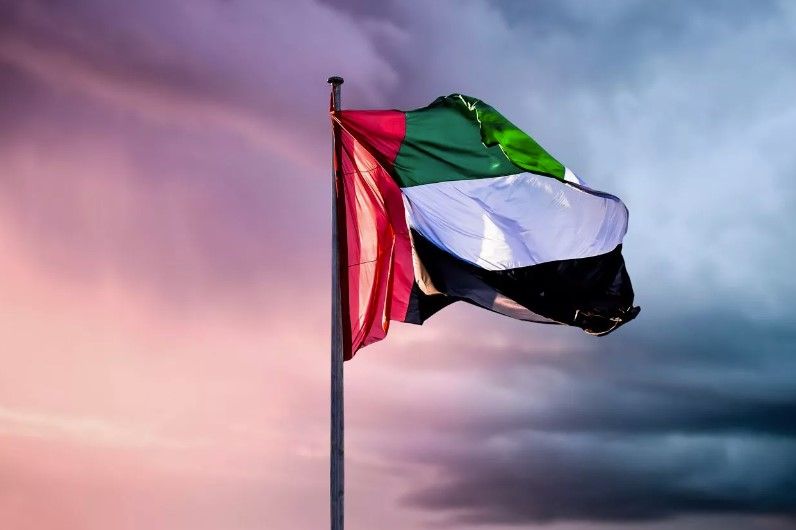Understanding the Islamic Calendar in the UAE
Unlike the Gregorian and Julian calendars, which follow the solar year, the Islamic calendar, known as the Hijri calendar, is lunar-based. It consists of 12 lunar months, each having either 29 or 30 days. In the UAE, the "Arab cycle" is employed, encompassing 30 years. Nineteen years in this cycle consist of 354 days, while the remaining 11 years have 355 days. As a result, Islamic holidays in the UAE occur about 10 or 11 days earlier each year compared to the Gregorian calendar, which has 365/366 days.
The Hijri calendar dates back to 622 A.D., marking the migration of the Prophet Muhammad and the first Muslims from Mecca to Medina. This creates a 578-year difference between the Muslim and Gregorian calendars. In the UAE, a designated Committee for Crescent Observation determines Muslim holiday dates based on moon sightings.
It's worth noting that not all holidays in the UAE are days off. For instance, during the holy month of Ramadan, working hours are typically reduced for both government authorities and individuals.

Public Holidays in the UAE: 2023-2024
The UAE observes a range of public holidays, including national and religious celebrations, each holding historical significance for the nation. National holidays often involve public festivals and fairs. These holidays are based on the Gregorian calendar and have fixed dates. Religious holidays, on the other hand, are determined according to the lunar calendar and their dates vary each year.
Here are some notable public holidays in the UAE:
Flag Day – November 3rd Flag Day, initiated in 2013, commemorates the UAE's past, present, and future. It falls on November 3rd, marking the anniversary of Sheikh Khalifa bin Zayed Al Nahyan's presidency in 2004. On this day, at 11 a.m., the national flag is raised on all public and private buildings across the UAE, and residents pay tribute to the nation's founding leaders.
Commemoration Day – December 1st Commemoration Day, previously celebrated on November 30th but moved to December 1st since 2019, honors Emirati citizens who sacrificed their lives for the nation's freedom. Flags are lowered from 8 a.m. to 11 a.m., followed by a moment of silence at 11:30 a.m. and the national anthem.

UAE National Day – December 2nd The UAE National Day, spanning December 2nd, marks the signing of the agreement to create the United Arab Emirates on December 2nd, 1971. The celebration extends for two days and is themed "Spirit of the Union." Buildings are adorned with the UAE flag's colors, and various events, concerts, cultural activities, and discounts take place throughout the country.
Gregorian New Year – January 1st The New Year is celebrated universally in the UAE, with festivities, parties, parades, and fireworks taking place from December 31st to January 1st. The grandest celebrations are held in Downtown Dubai, featuring a stunning laser and fireworks show at the base of the Burj Khalifa.
Ramadan and Eid Al-Fitr Ramadan is one of the most significant Islamic holidays, involving fasting and spiritual reflection. While there are no official days off for government offices during Ramadan, working hours are usually reduced by 2 hours. Tourists and non-Muslim residents are advised to respect local traditions, including refraining from eating or drinking in public during daylight hours.
Eid al-Fitr, which marks the end of Ramadan, involves special prayers, wearing new clothes, giving gifts, and helping the less fortunate. In 2023, Ramadan begins on March 23rd, with Eid al-Fitr expected around April 20th. In 2024, Ramadan is projected to start between March 10th and April 9th.
Arafat Day Arafat Day, celebrated about 70 days after Ramadan, is an official holiday but doesn't involve mass celebrations. It falls on June 27th in 2023 and June 15th in 2024.
Eid al-Adha Eid al-Adha, also known as the "Festival of Sacrifice," follows Arafat Day and commemorates the willingness of Prophet Ibrahim to sacrifice his son for Allah. It includes special morning prayers and animal sacrifices. In 2023, it falls on June 28–30, and in 2024, on June 16–18.
Islamic New Year The Islamic New Year, or Hijri New Year, marks the first day of Muharram, the first month in the Islamic calendar. It varies each year since Islamic days begin at sunset. Muharram is a sacred period for Muslims, focusing on prayer, reflection, and family. In 2023, it's on July 21st, and in 2024, around July 7th.
Prophet Muhammad's Birthday Prophet Muhammad's birthday is recognized with lectures and seminars but not lavish celebrations in the UAE. In 2023, it's on September 29th, and in 2024, around September 15th.
School and Bank Holidays During 2023-2024, various public and private entities, including banks, schools, and federal ministries, will be closed on specific holidays, including New Year's Eve, Uraza Bayram, Arafat Day, Eid al-Adha, Islamic New Year, Prophet Muhammad's birthday, Commemoration Day, UAE National Day, and the winter and spring breaks for schools.
Non-Muslim Holidays The UAE, being a diverse nation with residents from around the world, also observes non-Muslim holidays, including Christmas, Easter, Valentine's Day, St. Patrick's Day, International Women's Day, and Halloween, with various celebrations and events, though they are not official holidays.
These holidays add a touch of multiculturalism to the UAE, making it a welcoming and inclusive destination for all.



